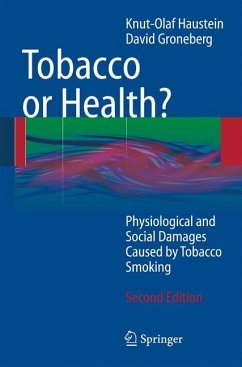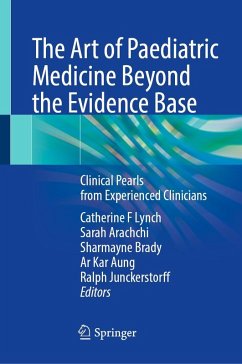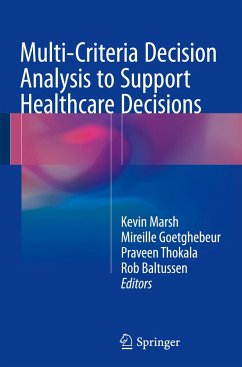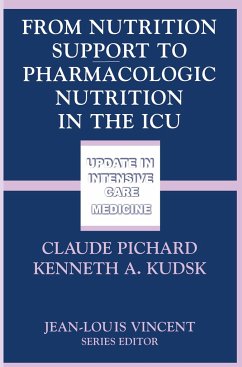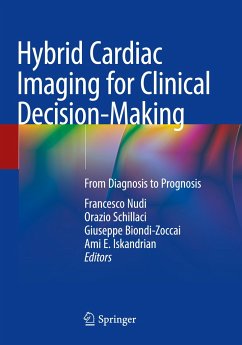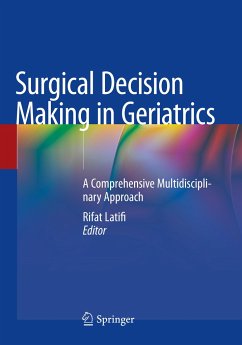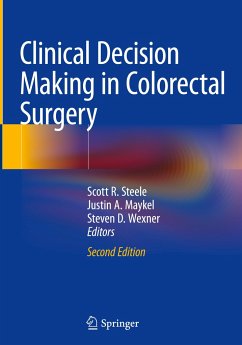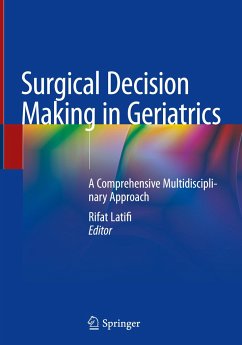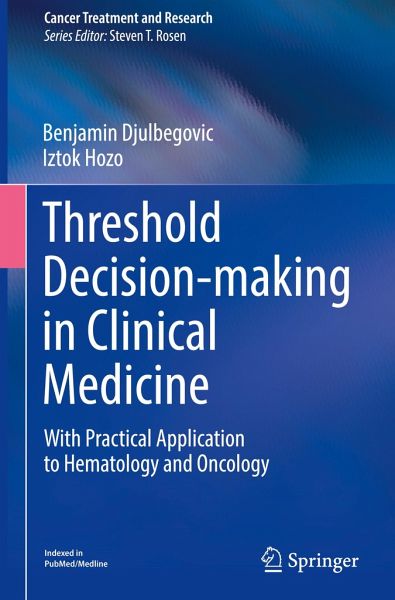
Threshold Decision-making in Clinical Medicine
With Practical Application to Hematology and Oncology
Versandkostenfrei!
Versandfertig in 6-10 Tagen
76,99 €
inkl. MwSt.
Weitere Ausgaben:

PAYBACK Punkte
38 °P sammeln!
This book aims to provide threshold models to help physicians to make optimal diagnostic, therapeutic and predictive decisions. Readers will not only find theoretical information but also practical examples illustrating how these decisions should be made.Poor decision-making is considered a leading cause of death in contemporary medicine. Decisions, however, have to be made - at a given threshold of risk and unfortunately physicians are not trained on how to make decisions. This book provides help to all those who want to improve their decision-making for a better patient outcome. With its exa...
This book aims to provide threshold models to help physicians to make optimal diagnostic, therapeutic and predictive decisions. Readers will not only find theoretical information but also practical examples illustrating how these decisions should be made.
Poor decision-making is considered a leading cause of death in contemporary medicine. Decisions, however, have to be made - at a given threshold of risk and unfortunately physicians are not trained on how to make decisions. This book provides help to all those who want to improve their decision-making for a better patient outcome. With its examples from hematology and oncology the book will not only benefit haematologists and oncologists but physicians from all disciplines, hence the threshold model is applicable to all fields in medicine. This book will be useful to experienced physicians as well as trainees alike.
Poor decision-making is considered a leading cause of death in contemporary medicine. Decisions, however, have to be made - at a given threshold of risk and unfortunately physicians are not trained on how to make decisions. This book provides help to all those who want to improve their decision-making for a better patient outcome. With its examples from hematology and oncology the book will not only benefit haematologists and oncologists but physicians from all disciplines, hence the threshold model is applicable to all fields in medicine. This book will be useful to experienced physicians as well as trainees alike.




